Events
Universal Design
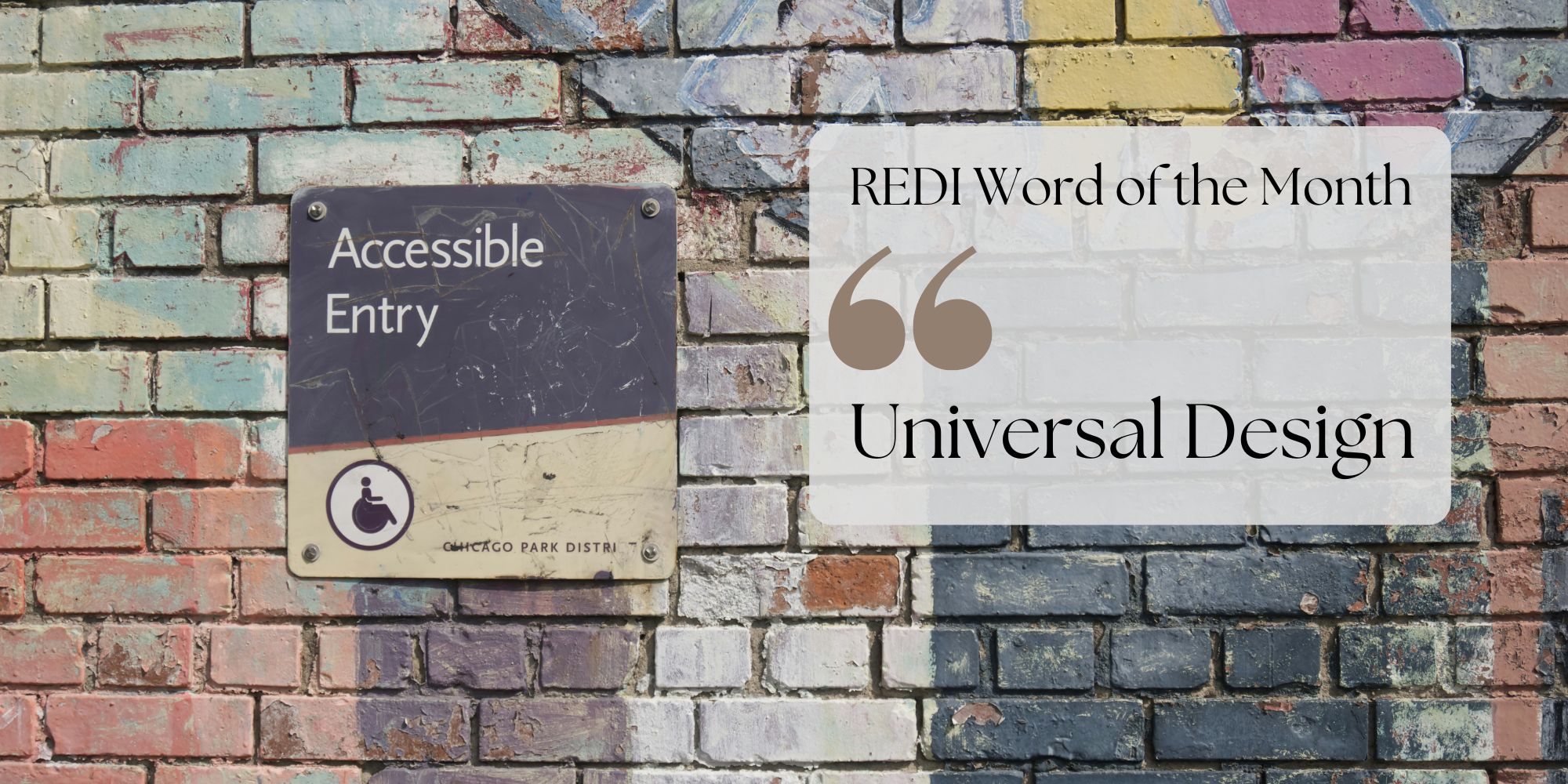
Universal Design
According to the Centre for Excellence in Universal Design, Universal Design (UD) is “the design and composition of an environment so that it can be accessed, understood, and used to the greatest extent possible by all people, regardless of their age, size, or disability.” The idea here is that the removal of barriers can support everyone, not only people with disabilities. For example, having an elevator can benefit people in wheelchairs, as well as older people, people with bikes, and people with strollers. Therefore, barrier removal can allow for more people to succeed. UD turns the idea of “accommodations” on its head by positing that accommodations are actually good for everyone, not only people who request them. Universal Design can be applied to learning, physical environments, products and services, or systems and processes.
Universal Design for Learning
In a learning context, a universal design approach would encourage instructors to reflect on their courses (lessons, materials, methods, etc.) to assess whether they truly support all learners. This can take many forms. One example is offering required readings in a variety of formats, both online and in print (or at least printable), for learners who prefer (or who must) read text on paper instead of a screen. Furthermore, required materials should also be situated online in a way that they can be read aloud by screen reading technology, transformed using visual accessibility tools (such as inverting colors). These same principles also apply to slideshow presentations and recorded lectures.
Universal design principles can also be applied to assessment. For example, instructors can allow learners to choose from one of multiple pathways for demonstrating their learning, such as via a live demonstration, pre-recorded video, written essay, or some other means. This removes barriers to student success by giving learners the opportunity to choose the medium that best plays to their strengths.
Universal Design for the Workplace
UD can also be applied to workplace processes, practices, and policies. For example, providing interview questions ahead of time to interviewees can benefit:
- First-generation university students/applicants who are more nervous talking to academics.
- People who are multilingual language learners.
- Introverts who may be more nervous in interviews.
- People who are neurodiverse or have challenges organizing ideas in the moment.
Not sharing interview questions ahead of time can systematically negatively impact certain groups such as those listed above. Since it is beneficial for many people, providing interviewees with the interview questions ahead of time can be standard practice rather than a one-off accommodation when requested.
Learn More
Farewell Roslyn Goldner, Executive Director of the REDI Office
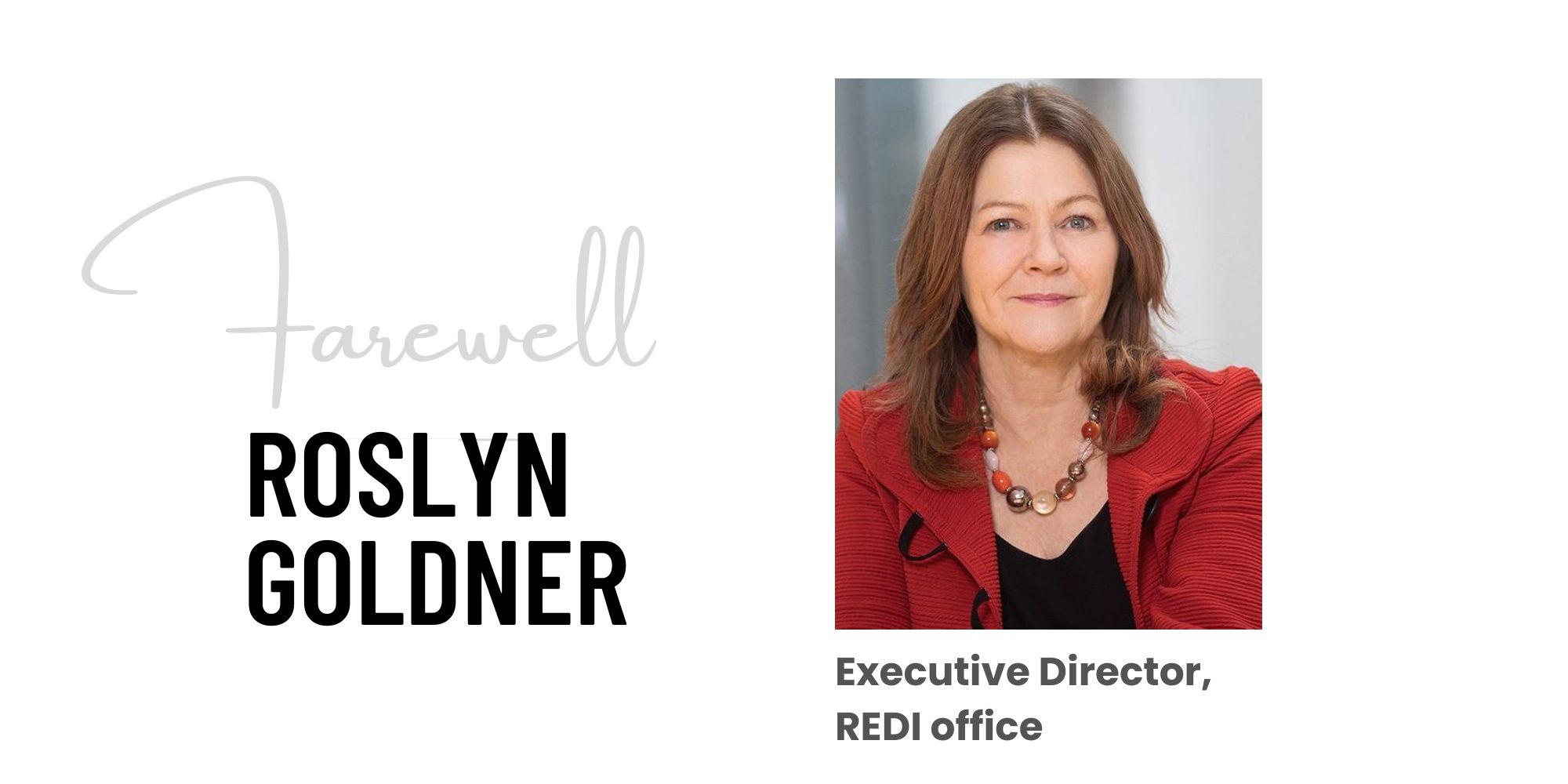
As we bid farewell to Roslyn Goldner, who recently stepped down as the Executive Director of the Office of Respectful Environments, Equity, Diversity & Inclusion (REDI), we pause to acknowledge the tremendous impact and indelible mark she has left on the Faculty of Medicine and the broader UBC community.
Roslyn was involved in the creation and operationalization of the Office of Professionalism and Respectful Environments that later evolved into the REDI Office. Under Roslyn’s leadership, the mandate of the Office of REDI expanded to provide guidance, support, and education to engage faculty, staff, and students in creating aspirational working and learning environments. Roslyn built a diverse team in the REDI Office to support the Faculty of Medicine in transforming its culture to be more inclusive and to embed EDI into strategic priorities to promote justice, human rights, belonging, inclusion, and respectful environments. Roslyn was also instrumental in supporting an in-house system for the reporting of learning environment concerns by learners across all of the Faculty of Medicine medical, health professions, and postgraduate programs.
Roslyn exemplified qualities of immense dedication and commitment to advance REDI’s mission across the Faculty of Medicine. Through her wise advice and sage counsel, Roslyn empowered us to navigate complex challenges with grace, resilience and diplomacy. We take stock of the invaluable lessons she left us with: have courage and tenacity, be persistent, think creatively and strategically, be kind and empathic, and above all, laugh—a lot. We have no doubt that Roslyn will continue to champion human rights, equity, and inclusion in her future endeavours.
The work of the REDI Office within the Faculty of Medicine will continue, building upon the foundational practices, networks, bridges, and pathways created by Roslyn. We invite those who have been touched by Roslyn’s leadership to share your messages of gratitude on our Padlet.
Gender-affirming Care in Action: Stories and Insights from the Frontline
Thank you for joining us on Wednesday, April 3rd, 2024 from 12:00 pm – 1:30 pm (PST), for “Gender-affirming Care in Action: Stories and Insights from the Frontline.” In this session, we had a conversation with a diverse panel of healthcare professionals and individuals with transgender lived experiences. Through their stories and expertise, we gained valuable insights into the healthcare needs of transgender and gender-diverse individuals and expanded our understanding of how to deliver compassionate and high-quality care to all patients.
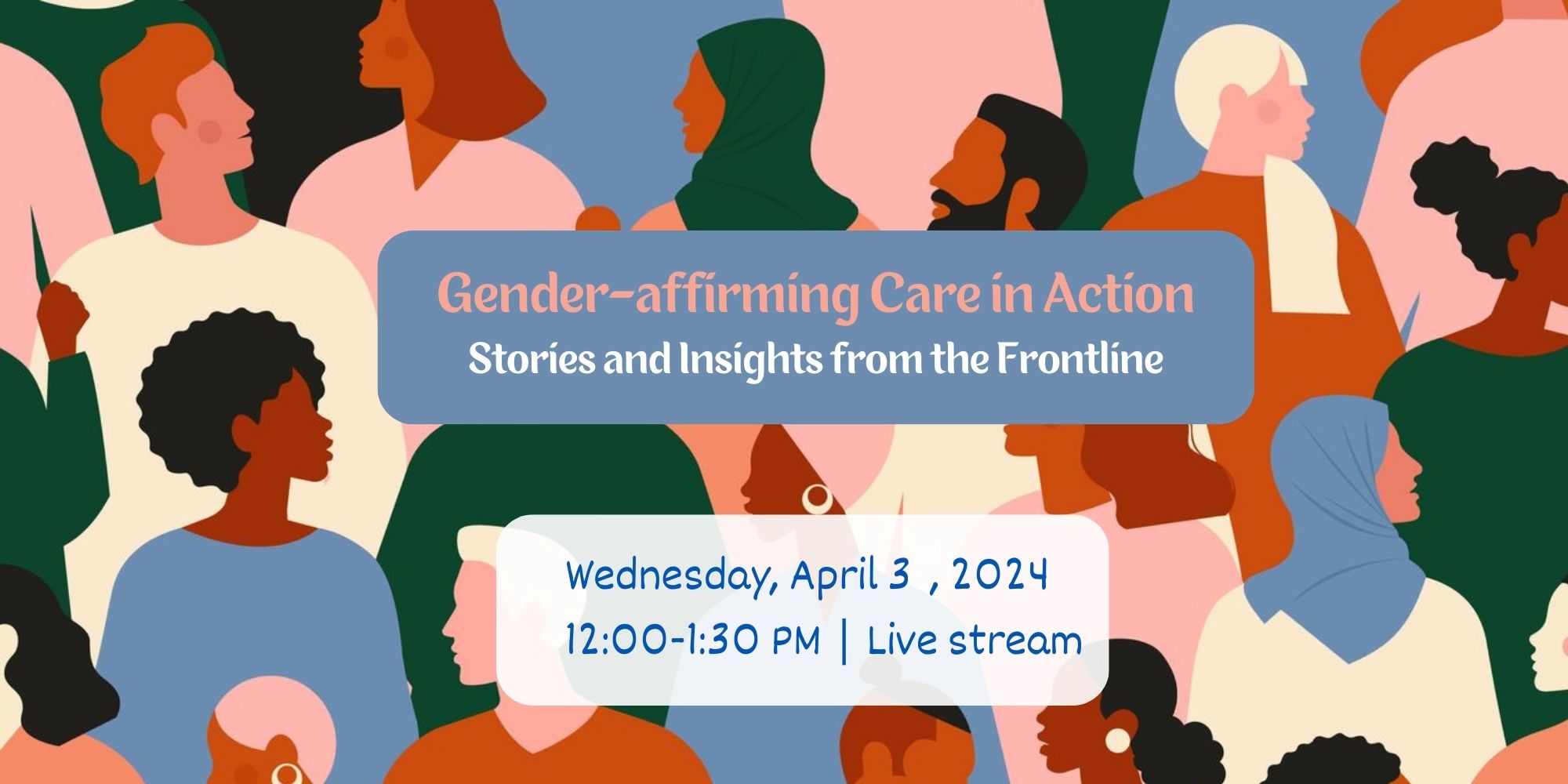
Speaker bios
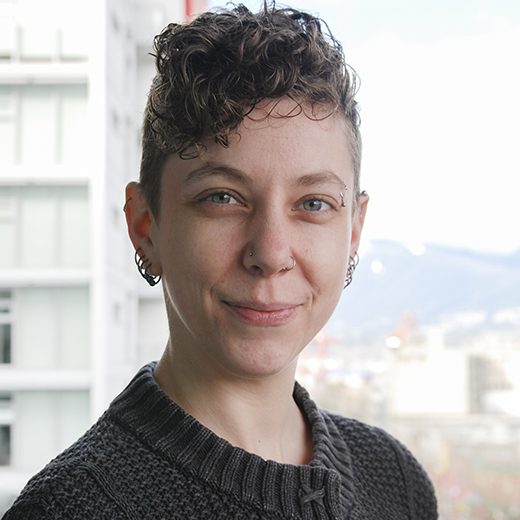
Dr. A.J. Lowik (They/ Them)
Dr. A.J. Lowik is a Postdoctoral Research Fellow with the Centre for Gender and Sexual Health Equity, part of UBC’s Faculty of Medicine. Their work focuses on the reproductive lives and health of trans people, including in the areas of menstruation, abortion, lactation, perinatal care, and fertility. They lead a Research Equity Toolkit project called “Gender & Sex in Methods and Measurement,” focused on providing researchers with the tools to design research that mobilizes gender and sex concepts accurately, precisely and inclusively. Dr. Lowik is the President of the Abortion Rights Coalition of Canada, a member of the BC Period Poverty Task Force, and part of a BC Law Institute Project Committee reviewing Part 3 of the Family Law Act. They work with researchers, healthcare providers, social service organizations, yoga studios, law and policymakers, supporting the development of gender-affirming and trans-inclusive policies and practices.
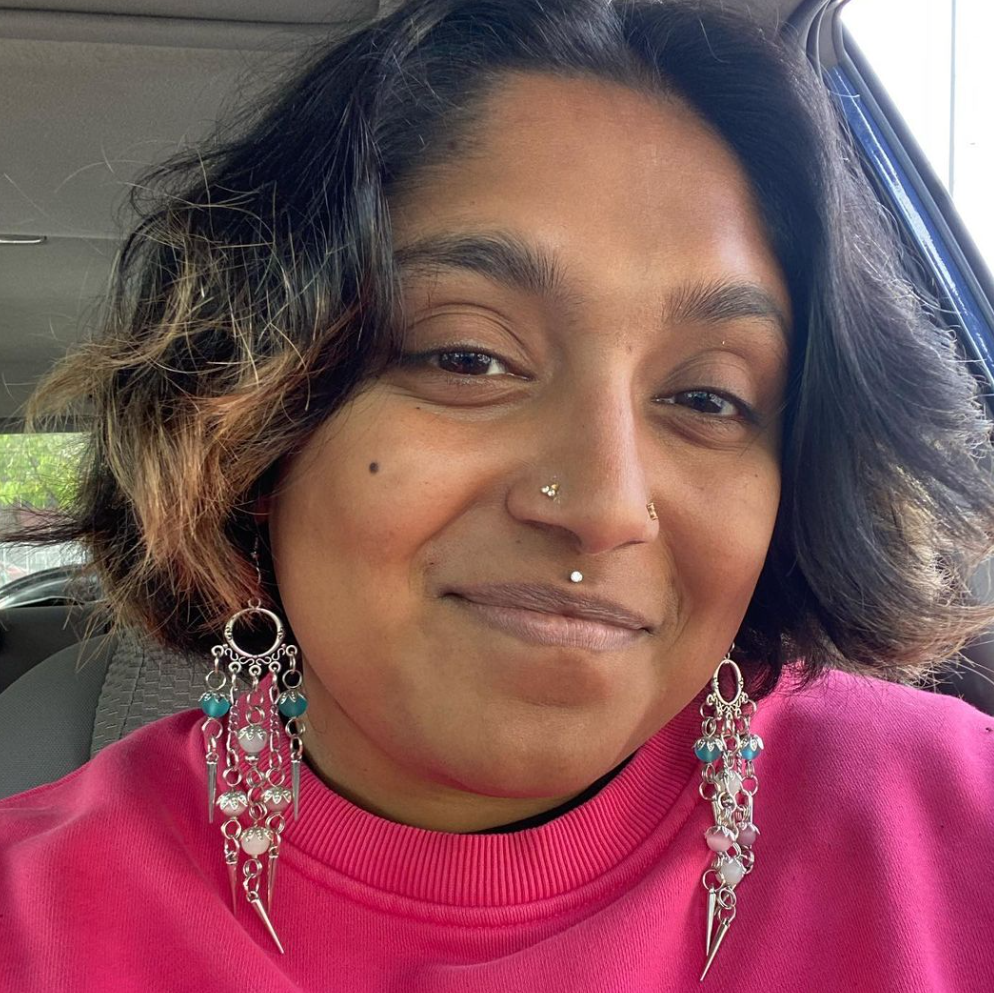
Ari Para (They/Them)
Ari is a queer non-binary second generation Eelam Tamil (Sri-Lankan Tamil) Canadian. They consider themselves an artivist, finding ways to combine their love for art with their love for social justice and education. They are an ESL teacher, Teaching Assistant, theatre artist, jewelry maker, creative writer, and avid reader. Ari completed an undergraduate degree in Business Communications at Brock University while completing minors in Dramatic Arts & Women and Gender Studies. During their time in St. Catharines, Ari got involved with different EDI social justice organizations such as the Brock Student Justice Centre and OPIRG-Brock. Ari is currently completing their PhD in Education at York University after completing their MA in Education at York University. Ari has recently self-published two books, called “DEAR BODY”, and “displaced.”, both exploring the intersectionality of their queer and cultural identities. Ari is currently focusing their doctoral research on their QTBIPOC Disabled community, exploring post-secondary education experiences while reimagining more inclusive classrooms.
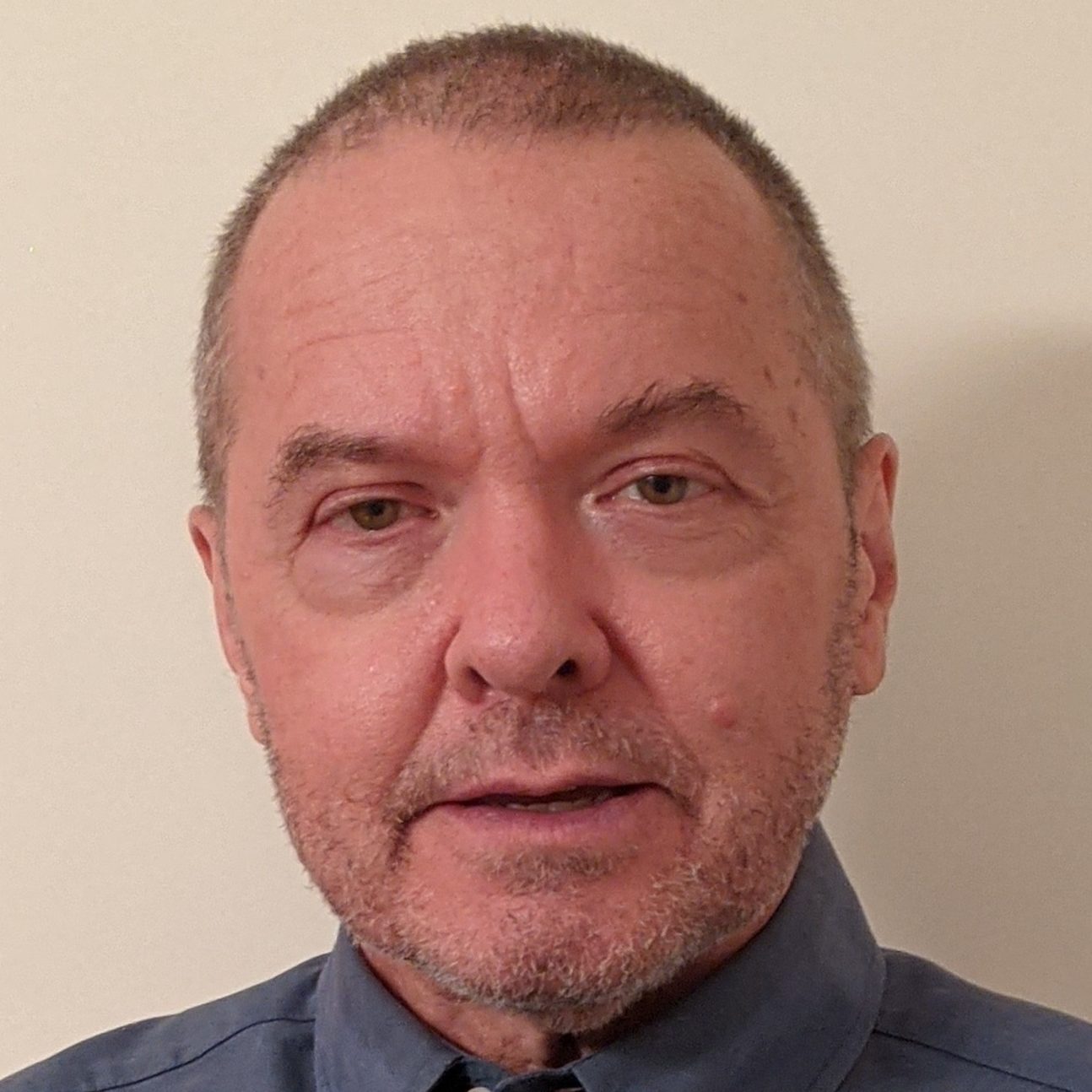
Dr. Dan Metzger (He/Him)
Dr. Dan Metzger is a Pediatric Endocrinologist at BC Children’s Hospital and a Clinical Professor in the Faculty of Medicine at UBC. Dr. Metzger and his team, in conjunction with mental-health partners in the community and onsite, have been seeing trans and gender-diverse youth since 1998. They were the first clinic in Canada and the second in North America to offer gender-affirming medical treatments for this population, and they have now served over 1000 youth in their clinic. Most recently, Dr. Metzger was a co-author on the Canadian Paediatric Society’s position statement on affirming care for trans and gender-diverse youth.
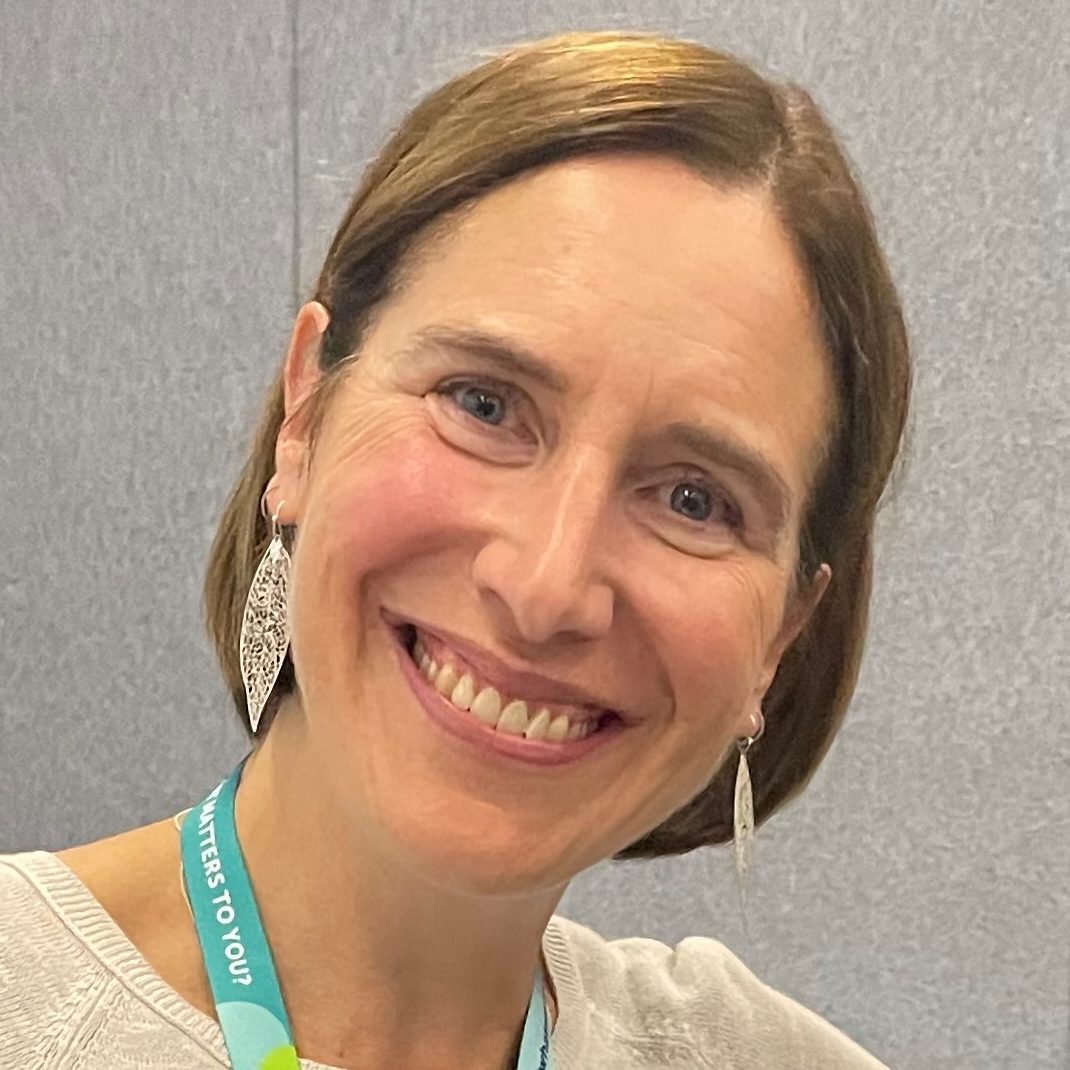
Dr. Ingrid Cosio (She/Her)
Dr. Ingrid Cosio has been a family physician in Prince George for 20 years. She is a primary preceptor for the Prince George Family Practice Residency program and recently completed a 10-year appointment as the Behavioral Medicine faculty lead at this UBC site. She is the Physician Lead for the Northern Gender Clinic, which provides gender-affirming care to BC’s Northerners. She co-leads a local advocacy group called Physicians for Diversity & Inclusion.

Jae Dela Cruz (He/Him/His)
Jae is a 30 year old Bisexual, Polyamorous, Trans Man of Filipino & Ethiopian descent residing in Toronto, Ontario.
An avid member of the Toronto Trans community, Jae has spoken on multiple panels for Pride Toronto, & the 519 2SLGBTQ+ community centre. He has also done work for other Trans & Queer initiatives across the city, spanning back to 2015.
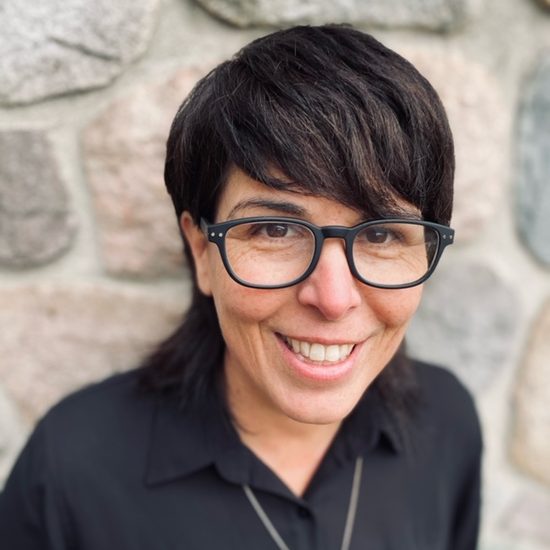
Lorraine Grieves
Lorraine Grieves is a Two-Spirit, (Métis/Cree/Blackfeet/Scottish//Irish/English) person with family roots in the Red River (Winnipeg) area of Manitoba. Lorraine grew up on the unceded and ancestral homelands of the Musqueam, Squamish and Tsleil-Waututh peoples in what’s colonially known as Vancouver, BC. Lorraine is the founding director of the provincial program, Trans Care BC, at the Provincial Health Services Authority. Since 2015, Trans Care BC’s work has focussed on improving, enhancing and coordinating services for trans and gender diverse people in B.C. Lorraine and the Trans Care team have been honoured to work alongside community members, clinicians, health authorities, multiple government ministries and health programs to bring gender-affirming care closer to home. Lorraine is a registered clinical counsellor with a passion for program development and systemic change efforts that centre the expert, lived experience wisdom of service participants in co-designing work that impacts them. Previous work has been focused on youth & family and adult community-based services with an emphasis on Indigenous health, youth health promotion, concurrent disorders, harm reduction and substance use treatment. Lorraine is proud to be the parent of a now-adult daughter who is an ongoing inspiration.
Description
Join a diverse panel of healthcare professionals and individuals with transgender lived experiences. From physicians to advocacy group leaders, each brings a unique perspective on the challenges and successes encountered in supporting transgender health. Panelists will highlight changes in practices and perspectives that have positively impacted transgender healthcare delivery. They will explore what constitutes a caring, supportive, and inclusive environment for transgender patients, as well as the grounding principles for gender-affirming care. Through their stories and expertise, you will gain valuable insights into the healthcare needs of transgender and gender-diverse individuals and expand your understanding of how to deliver compassionate and high-quality care to all your patients.
Topic: Gender-affirming Care in Action: Stories and Insights from the Frontline
Date: Wednesday, April 3rd, 2024
Time: 12:00 – 1:30 pm PST
Location: Livestream
What will I Learn?
You will gain valuable insights about the healthcare needs of transgender and gender-diverse individuals and expand your understanding of how to deliver compassionate and high-quality care to all your patients.
Resources
Society for Advocacy for Gender-Affirming Healthcare (SAGAH)